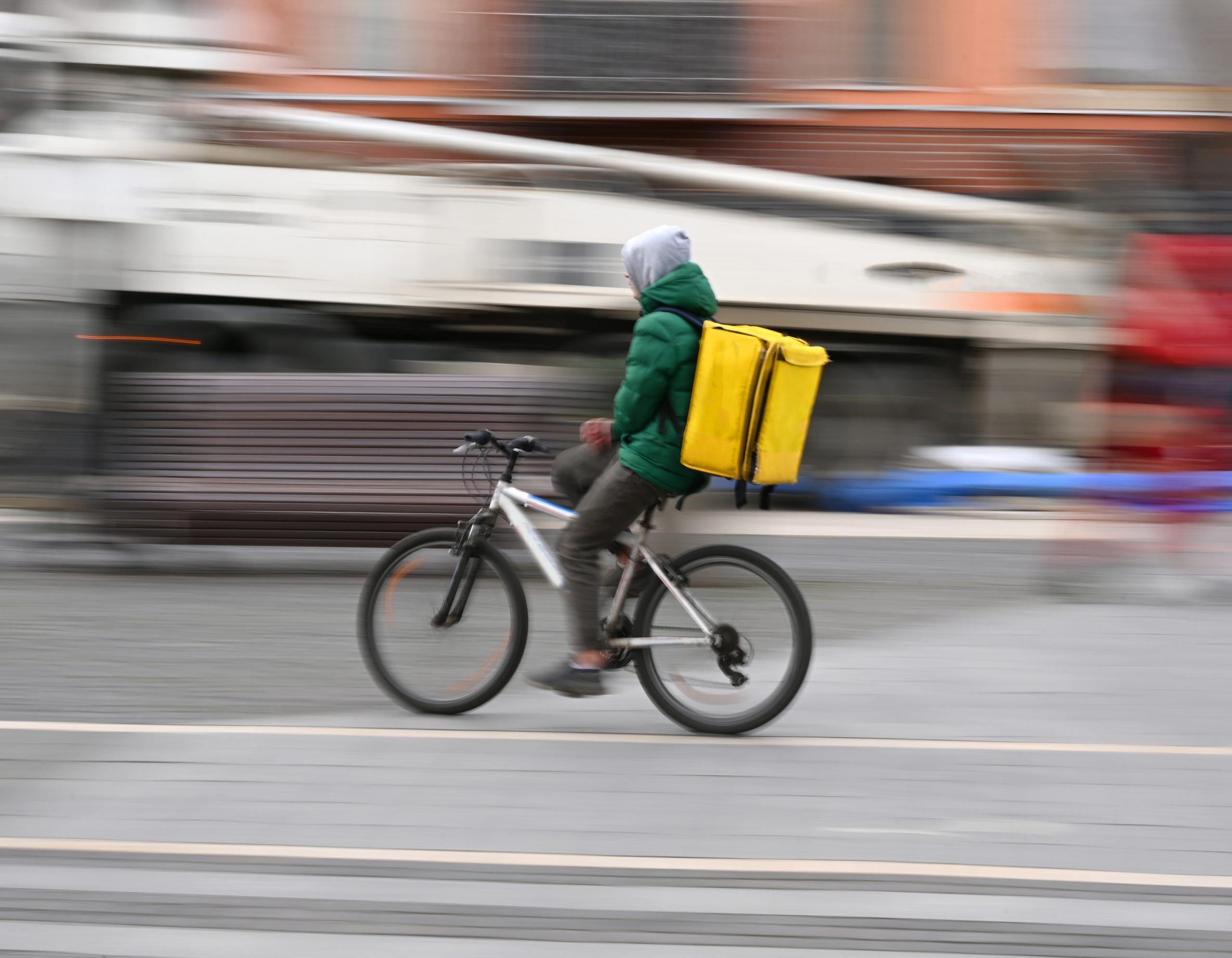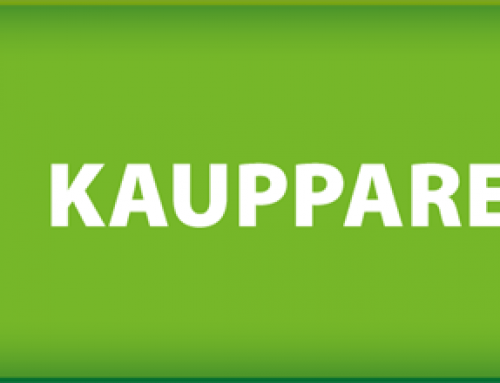Kevytyrittäjyys ei toimi enää ruokaläheteille
Ruokalähettien asemasta työmarkkinoilla on kirjoiteltu paljon ja ehkä eniten julkisuutta on saanut korkeimpaan hallinto-oikeuteen saakka päätynyt Woltin kiista siitä ovatko lähetit työntekijöitä vai itsenäisiä yrittäjiä. Hallinto-oikeus linjasi aiemmin, että lähetit ovat itsenäisiä yrittäjiä, mutta asiaa käsiteltiin vielä korkeimmassa hallinto-oikeudessa. Ratkaistavana oli lähtökohtaisesti se voidaanko Wolt velvoittaa pitämään työaikakirjanpitoa lähettien työtunneista. Asian ratkaisemiseksi tuli arvioitavaksi toimivatko lähetit itsenäisinä yrittäjinä vai työsuhteessa ja sovelletaanko lähetteihin tällöin työaikalakia. Korkeimman hallinto-oikeuden päätöksen 21.5.2025 mukaan ruokalähettien työtä tehdään työsuhteessa, mutta toisaalta työ ei kuulu suoraan työaikalain piiriin.
Käytännössä ruokalähetit eivät ole vieläkään siirtyneet työsuhteisiin, vaan jatkavat edelleen yrittäjinä ja tilanne ilmenee melko epäselvänä. Yhtenä seurannaisvaikutuksena Maahanmuuttovirasto on vihjannut kiristävänsä oleskelulupien myöntämistä, mikäli kyse on ollut ns. Wolt-yrittäjästä, jolla ei ole muuta yritystoimintaa tai tulonlähdettä.
Erityisen heikossa asemassa on ns. kevytyrittäjänä toiminut ruokalähetti, jolla ei ole ollut omaa Y-tunnusta. Molemmat isot ruokalähettiyhtiöt (Foodora ja Wolt) tuovatkin nettisivuillaan esiin, että lähetillä on jatkossa aina oltava oma Y-tunnus. Foodora korostaa vielä erikseen, että yritys on oltava rekisteröity ennakonperintä- ja ALV-rekisteriin.
Digitase-yhtiöiden laajassa asiakaskunnassa on perinteisesti ollut rekisteröityjä yrittäjiä myös lähettityön puolelta. Suositus onkin viimeistään nyt pitää huolta siitä, että yrittäjällä on oma Y-tunnus ja rekisteröinnit ovat kunnossa verottajan rekistereissä. Y-tunnukseen liittyvän kirjanpitovelvollisuuden hoitoon löytyy lisätietoja täältä: Lue lisää.
Finnish light entrepreneurship no longer works for food delivery couriers
Translated with DeepL.com: Much has been written about the status of food delivery couriers in the Finnish labor market, and perhaps the most publicity has been given to Wolt’s dispute, which ended up in the Supreme Administrative Court, over whether couriers are employees or independent contractors. The Administrative Court previously ruled that delivery couriers are independent contractors, but the case was still heard by the Supreme Administrative Court. The main issue to be resolved was whether Wolt could be obliged to keep records of the working hours of its delivery couriers. In order to resolve the matter, it had to be assessed whether couriers were entrepreneurs or employed, and whether the Working Time Act applied to them. According to the Supreme Administrative Court’s decision of May 21, 2025, food delivery couriers work in an employment relationship, but on the other hand, their work does not fall directly under the Working Time Act.
In practice, food couriers have still not transitioned to employment relationships but continue to operate as entrepreneurs, and the situation remains quite unclear. As a side effect, Migri has hinted that it will tighten the granting of residence permits in cases involving so-called Wolt entrepreneurs who have no other business activities or sources of income.
Food couriers in Finland who have operated as so-called light entrepreneurs without their own business ID are in a particularly vulnerable position. Both major food delivery companies (Foodora and Wolt) state on their websites that couriers must always have their own business ID in the future. Foodora also emphasizes that the company must be registered for prepayment register and VAT.
Digitase companies have traditionally had numerous registered entrepreneurs among their customers, including also delivery couriers. It is therefore recommended that entrepreneurs ensure that they have their own business ID and that their registrations with the tax authorities are in order. Further information on the accounting obligations associated with the business ID can be found here Read more





